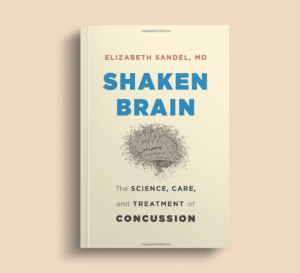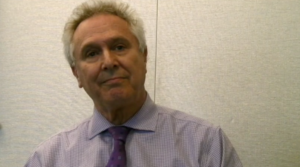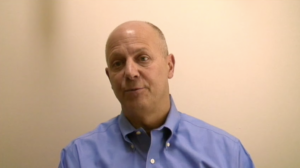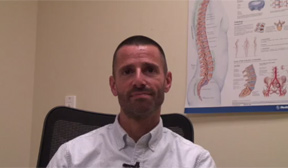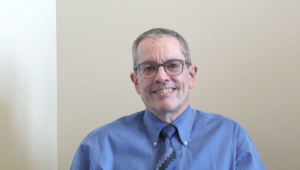Is Concussion a Diagnosis?
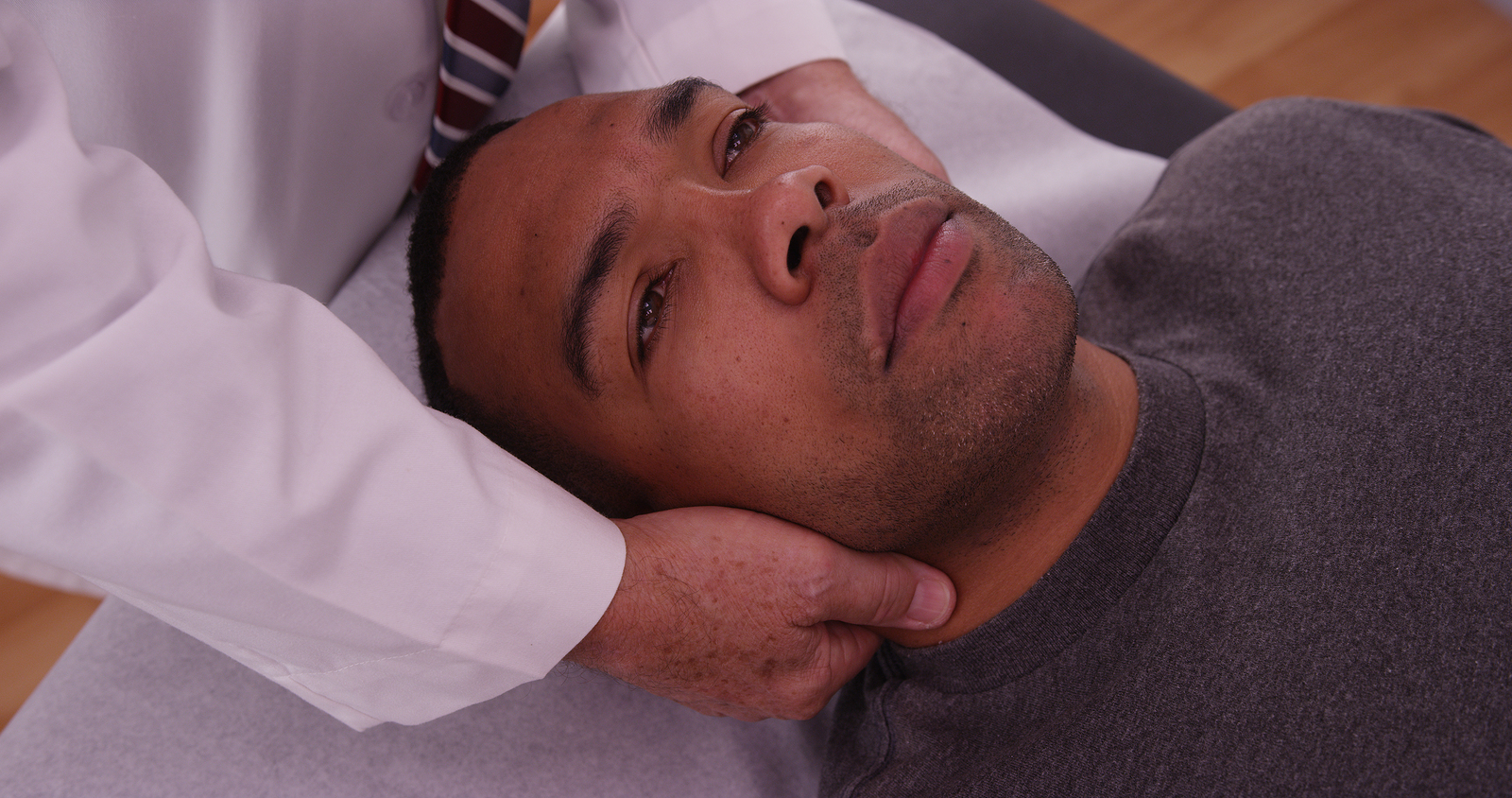
Given my focus on my website and newsletter, it may seem odd for me to ask if concussion is really a diagnosis. Certainly, it is a condition with acute and sometimes chronic symptoms: headaches, stimuli sensitivity, poor concentration and memory, and sleep problems, for example.
What Brain Injury Researchers Say about Concussion Diagnosis
Brain injury researchers William Stewart and Douglas Smith raise an important question: Is concussion a diagnosis based on specific pathological criteria, or is it simply a “clinical presentation”? They go on to suggest that the likely pathology with this type of brain injury is diffuse axonal injury (DAI).
I discuss DAI extensively, with illustrations, in Chapter 1 of my book, Shaken Brain. DAI refers to damage to axons, the connecting fibers of neurons, that occur across the entire spectrum of traumatic brain injury (TBI) – from concussion or mild TBI, to moderate and severe TBI.
What Causes Post-Concussion Symptoms?
Laboratory and neuroimaging studies show that DAI underlies what occurs in people after concussions or mild brain injuries. But we are not yet able to directly correlate symptoms (and physical or cognitive signs) to these disruptions and damaged pathways within the brain.
The international and interagency group that came up with the extensive set of “Common Data Elements” for TBI research defined TBI as “an alteration in brain function or other evidence of brain pathology caused by an external force.” The group defined an alteration in brain function as follows:
- Any period of loss of or a decreased level of consciousness.
- Any loss of memory for events immediately before (retrograde amnesia) or after (post-traumatic amnesia, or PTA) the injury.
- Neurological deficits (e.g., weakness, loss of balance, change in vision, dyspraxia, paresis/plegia, sensory loss, aphasia, etc.).
- Any alteration in mental state at the time of the injury (e.g., confusion, disorientation, slowed thinking, etc.).
- This definition of TBI explains what physicians are looking for when they seek to establish that a mild TBI or concussion has occurred.
A Symptom-Based Diagnosis
Checklists and questionnaires help to determine which symptoms patients are experiencing. Some physicians use a narrative history-taking approach or a checklist, or they use both to gather information. To prepare for your appointment with a physician, use this pocket guide.
Physicians and neuropsychologists commonly use a variety of tests to look for evidence of cognitive impairments, memory problems, and verbal ability. Physicians use the Montreal Cognitive Assessment(MoCA) for this type of evaluation.
Neuropsychologists use many different tests to identify cognitive impairments and mood disturbances that may be due to a concussion or more severe brain injury.
Do Brain Scans and Biomarkers Diagnose Concussions?
At this time, brain scans such as CTs and MRIs are not reliable for diagnosing a concussion or linking a brain injury to concussion-related symptoms.
Conventional imaging techniques are best at showing internal bleeding and physical damage to the skull and brain after severe injuries, but they aren’t reliable in identifying microscopic brain damage.
Still, some progress has been made. Over the last decades, researchers have developed techniques to show changes in the brain after mTBI using various advanced imaging techniques such as magnetic resonance spectroscopy and diffusion tensor imaging. But more research is needed.
Researchers use the term “complicated mild brain injury” to describe patients with a Glasgow Coma Score in the mild range – 13 to 15, but whose neuroimaging findings an acute CT scan show a brain injury.
Laboratory biomarkers may also be able to help diagnose concussions in the future, but more research is needed.
Treatment Is the Ultimate Goal
Diagnosis must precede treatment, of course. See the videos below of my interviews with physicians and neuropsychologists who provide diagnose and treat people with who experience symptoms after mild concussions or other TBIs.
You Might Also Like
The Post-Concussion Syndrome
Physiatrist Dr. Mel Glenn discusses the evaluation of the many symptoms that are part of a chronic condition called post-concussion syndrome or disorder that occurs in some patients after a concussion. He offers advice on the treatment of headaches, sleep disturbances, and other conditions.
Managing Concussion-Related Pain
Dr. Steven Moskowitz is a physiatrist specializing in pain management. He discusses the various painful conditions, including neck pain and headaches, that occur at high frequency after concussion and related trauma. He advocates for a biopsychosocial approach to the evaluation and treatment of these conditions.
Workers with Concussions
Dr. Maureen Miner is a physiatrist and an expert in brain injury medicine. She discusses her approach to patients with concussion and more severe brain injuries who need specialty care and referral to other specialists for evaluation and treatment.
Concussion in Youth Sports
Dr. Andrew Judelson, a physiatrist and sports medicine physician at Spaulding Rehabilitation Hospital, discusses sports-related concussion evaluation and treatment at his outpatient clinic on Cape Cod.
Comprehensive Care of Concussions
Dr. Richard Delmonico, a neuropsychologist, outlines the approaches to triage and treatment in a concussion clinic in the Northern California Kaiser Permanente health system. He also discusses the uses of neuropsychological testing to help with diagnosis and management of people with concussions and other brain injuries.
Can We Adequately Treat Concussion?
Finding a physician specializing in brain injury medicine can be difficult because the field is relatively new, but there are resources to help.
Keep up to date
Get updates on the latest in concussion, brain health, and science-related tools from Dr. Elizabeth Sandel, M.D.
By clicking SIGN UP, you agree to receive emails from Dr. Sandel and agree to our terms of use and privacy policy.
Get the book!
